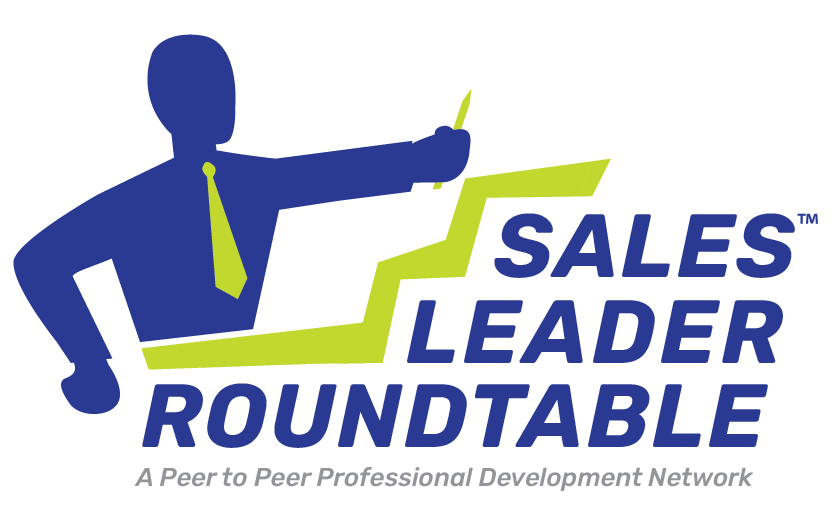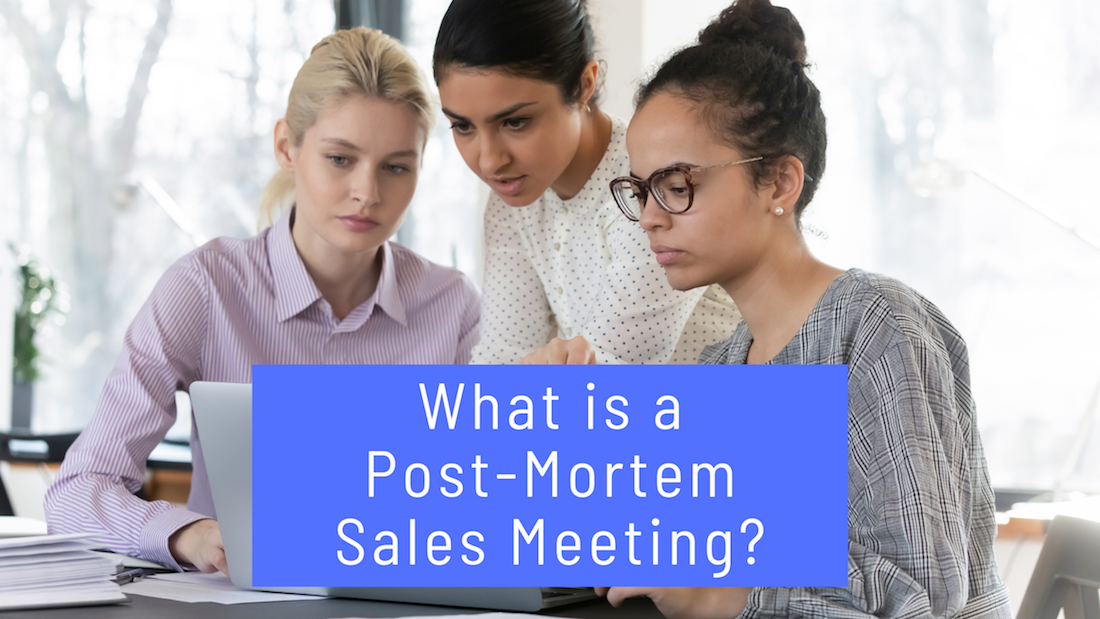What Is a Post-Mortem Sales Discussion?
As a salesperson, leader, and manager, you probably ask yourself what resonates with your prospects and causes them to buy from you or not? This is a never-ending question. But, one that you can tackle when you review your sales process with your sales team and other important members of your company. Yes, there is a way to analyze your process and figure out why people did not buy from you. This type of review is called a Post-Mortem Discussion or Meeting. By diving in deeply to understand your prospects and customers and why they didn’t buy from you is very insightful in helping you organize how you’ll go to market in the future. The process can help your team adjust their value propositions and understand what resonated with the customer or prospect and in the end what caused them to buy or not. It can be one of the most valuable processes in your sales system.
This type of review is called a Post-Mortem Discussion or Meeting. By diving in deeply to understand your prospects and customers and why they didn’t buy from you is very insightful in helping you organize how you’ll go to market in the future. The process can help your team adjust their value propositions and understand what resonated with the customer or prospect and in the end what caused them to buy or not.
It can be one of the most valuable processes in your sales system.
Post-Mortem Analysis
While the sales leader or manager is used to running sales projects, this is one time where they will want an outside party to operate the analysis meeting. This will keep your valuable meeting objective and bring the best responses to uncover areas you and your sales team might not think about.
Shortly after your sales event or sales period, it’s important to have the meeting leader bring everyone on your sales team together with their data, questions, and information on how they participated in the sales process. Your goal for this gathering will be to come away with a better idea of what direction to move in next time based on the facts and data gathered.
The person in charge of your meeting should also make time to spend with the prospect if they can, to determine any areas you may have fallen short on. What gaps did you miss?
The Post-Mortem Meeting is to discover what worked, what didn’t, and how you can fashion this info into working for you in the future.
Plan your get-together within a week of your sales deadline so everything is fresh in everyone’s mind and you can compile something useful for your next sales event or sales quarter.
Sales Post-Mortem Checklist
In order to run a satisfying meeting and learn from this analysis, it’s best to have a checklist or list of questions to run through. These are some easy suggestions to run your next post-mortem meeting so you can see results to work from. Build and add to the list as you move forward. Remember to have an outside party from another area of your company lead the meeting!
Also, have someone take notes to assure that you can use the information you are gathering so it can be helpful in the future. This information can also be used to develop training, seminars, marketing tools, and colleague discussions.
- You’ll probably start with things like your sales schedule and timing, layout of the projects, services or products, and costs. Consider what your starting point was and what your goals were for the sales event or quarter.
- Discuss from the collected data and questions what went well and what could be improved upon. At this time some ideas might be dismissed and not pursued in the future process. Allow everyone from the sales team to chime in respectfully to hear their point of view and suggestions. You can also have others in your company that would like to attend the meeting if they have helpful information to add.
- Take suggestions on what could be improved upon with the system already in place. Consider how the team can reorganize or structure their results next time for better feedback?
- Discuss future goals and action items.
- Conclude your meeting with a follow-up. The information gathered is helpful and intended to assist your team to better themselves. It’s important to keep everyone informed of the results and future goals. Developing a plan to use the data can also really empower people and motivate them to do even better!
We really encourage you to dive into your post-mortem meetings and gain insight from your customers and prospects. On a whole, they can help your team and your bottom line grow. It’s a powerful way to use the information you collect and to move your business forward.
Professional Sales Leader Networking, Development, and Peer to Peer Engaging
Professional development is the hallmark of exceptional leadership. Having an environment where you can gain new insights with a group of your peers is a must. A place where you can lean on fellow peers for advice, objective viewpoints, and gain insights is invaluable.
● If you want to interact directly with other top sales leaders and learn from shared experiences.
● If you have a considerable interest in gaining insight and perspective from other influencers outside your own circle.
● If you enjoy learning from experts on evolving and emerging topics within your field.
Look no further!
The Sales Leader Roundtable is geared to help you flourish as a powerful and inspiring sales leader. Learn more about us. Check out our program highlights and the teams we partner up with. Ready to move ahead? Reach out to us!

